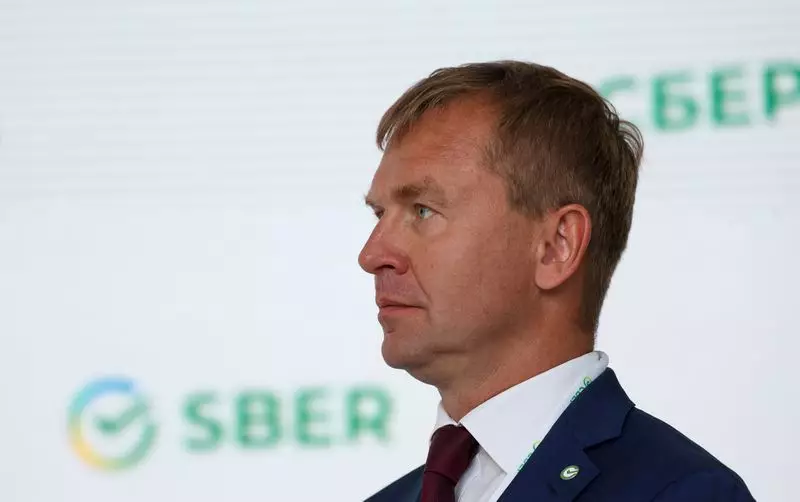The trade relationship between Russia and India is flourishing, with bilateral trade reaching $65 billion in 2023. This surge in trade can be attributed to India emerging as a significant importer of Russian oil, especially after Western sanctions were imposed on Russia in 2022 due to the conflict in Ukraine. Anatoly Popov, the deputy CEO of Sberbank, Russia’s largest lender, stated in an interview with Reuters that Russia’s trade with India has been booming and that bilateral payments are running smoothly, without the hindrances faced in trade with other countries.
Sberbank, which handles payments for up to 70% of all Russian exports to India, has reported a substantial increase in the interest of Russian businesses in the Indian market. The bank’s branch in India has offices in Delhi and Mumbai, as well as an IT center in Bangalore. The number of staff in its Indian offices has surged by 150% this year, with plans to hire 300 IT personnel for the Bangalore hub. Despite being under Western sanctions and unable to transact in U.S. dollars and euros or use the SWIFT system for international transfers, Sberbank has not encountered any issues in India.
Transactions between Russia and India in roubles and rupees have been seamless, with 90% of them being completed within a few hours. This efficiency stands in stark contrast to other trading partners, such as China. Growing Indian exports to Russia have helped alleviate the problem of the rupee surplus held by Russian companies, which had previously impeded bilateral trade. According to Popov, the rupee surplus has dwindled, and to achieve balanced trade, India needs to boost its exports to Russia tenfold.
India, being the world’s fifth-largest economy, offers a plethora of opportunities for Russian importers. Popov emphasized that India’s self-sufficiency and vast economy enable Russian companies to procure goods locally instead of importing them. Sberbank is expanding its range of hedging instruments, including forwards and options, as well as offering rupee-denominated loans for Russian companies at rates much lower than those in Russia. The bank is also grateful to Indian regulators for enabling operations through rupee-denominated “vostro” accounts, which facilitate the operations of foreign banks in India.
The burgeoning trade relationship between Russia and India holds promise for both countries, with smooth transactions and a supportive regulatory environment enhancing the partnership. The mutual benefits derived from the trade ties signify a positive trajectory in the economic collaboration between Russia and India. As both nations continue to explore opportunities for growth and diversification, the future looks bright for further strengthening their trade relationship.

